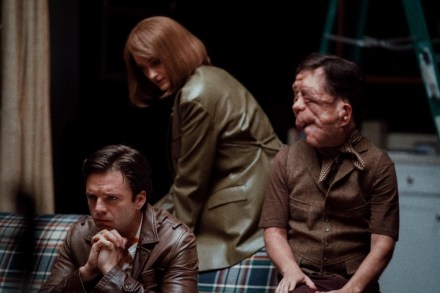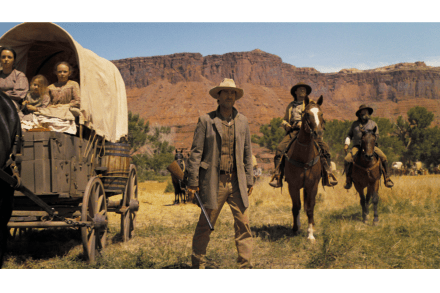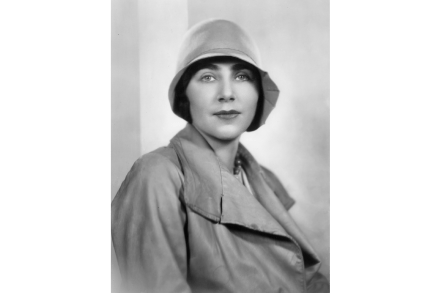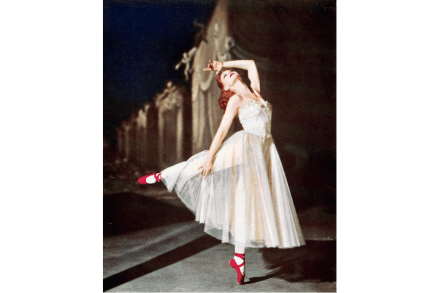Melodramatic body-horror – but I don’t regret seeing it: A Different Man reviewed
Aaron Schimberg’s A Different Man is ‘a darkly comic psychological thriller’ that plays like an inverted Beauty and the Beast. What happens when the handsome prince turns out to be not all that? The three central performances are magnificent, and there’s a wry absurdist humour at work but unless you’re a fan of body horror it’s not an easy watch. I often had to look away. I can’t, therefore, say I particularly enjoyed seeing it, but now I have seen it I don’t regret it. Is that, dear readers, fudged enough for you? Sebastian Stan stars as Edward, an aspiring actor who lives in New York and has neurofibromatosis, the





















